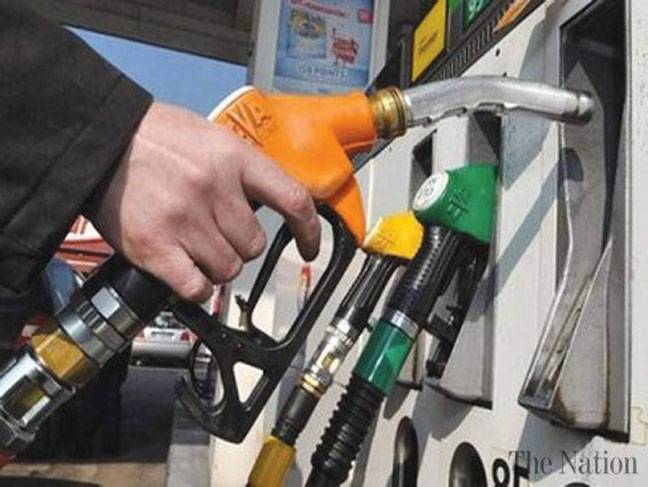ISLAMABAD - The government is likely to miss the annual tax collection target by a wide margin during the current fiscal year as the tax machinery is unable to meet the monthly targets mainly due to reduction of taxes on oil products.
The Federal Board of Revenue (FBR) has to collect massive Rs1356 billion in just three months (April to June) of the year 2016-17 to meet the yearly target of Rs3621 billion.
The FBR has collected Rs2265 billion during nine months (July-March) of the ongoing financial year as against the target of Rs2433 billion for the said period, reflecting a shortfall of Rs168 billion.
Monthly collection in March 2017 was Rs343 billion against the target of Rs350.1 billion.
The FBR blames the lower oil prices, zero rating for export sectors and payment of tax refunds to exporters for missing tax collection target. “The FBR is facing massive shortfall due to the lower General Sales Tax on oil prices following the government’s policy of not passing on full impact of petroleum prices to the masses,” said a FBR official.
He further said that the government was charging lower GST on oil products except high speed oil on which it was 29.5 percent.
However, the FBR would charge 15.5 percent sales tax on motor spirit as compared to standard rate of 17 percent from April 1, 2017.
Meanwhile, GST on kerosene and light diesel oil would remain zero percent.
The government, in budget for the current year, had announced zero-rating for five export-oriented industries, which also dented revenue collection during July-March period of the current FY.
The government had set an ambitious target of Rs3621 billion for the ongoing fiscal year.
However, it could not achieve the target without taking additional measures in the remaining quarter of the year.
The economic team of the PML-N government would struggle to restrict the budget deficit under 3.8 percent of the GDP (Rs1376 billion) due to shortfall in tax collection.
Pakistan’s budget deficit had already reached the higher side of Rs799.1 billion (2.4 percent of the GDP) during first half of the year 2016-17 due to massive expenditures and lower tax collection.
The State Bank of Pakistan, in its recently released Quarterly Report for FY17 on the State of Pakistan’s Economy, has noted that fiscal deficit has increased due to low revenue generation amid higher development and security related spending.
While the report terms sustained increase in development spending commendable, it also underscores the need for enhancing revenue collection.






